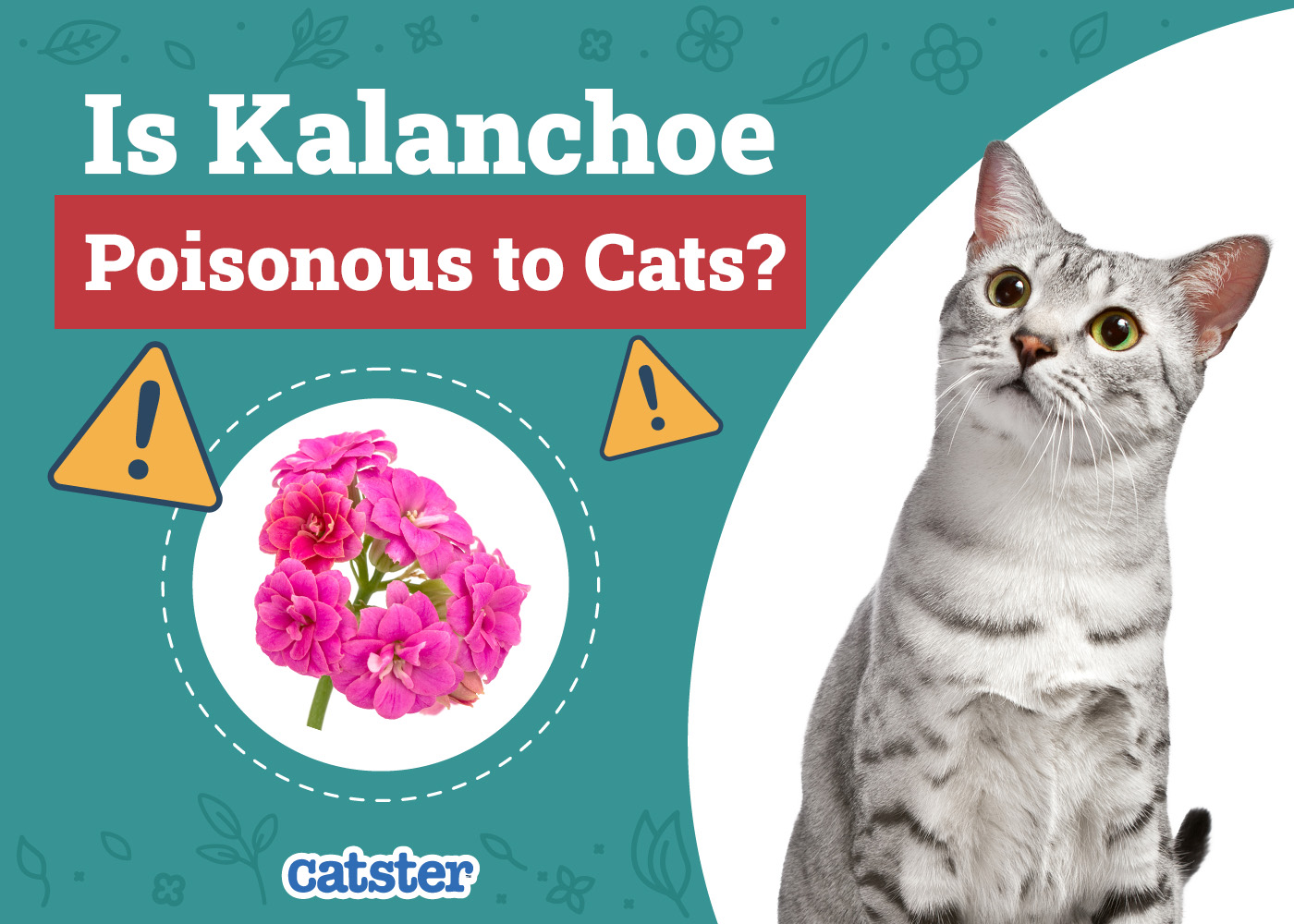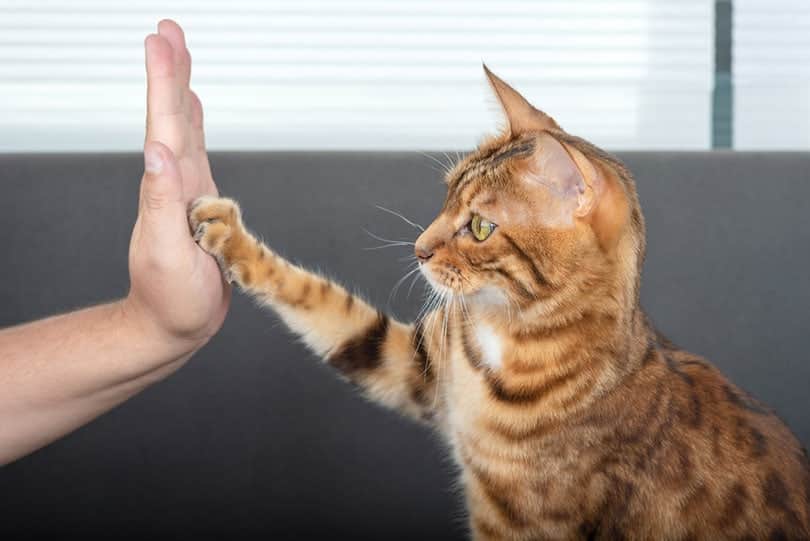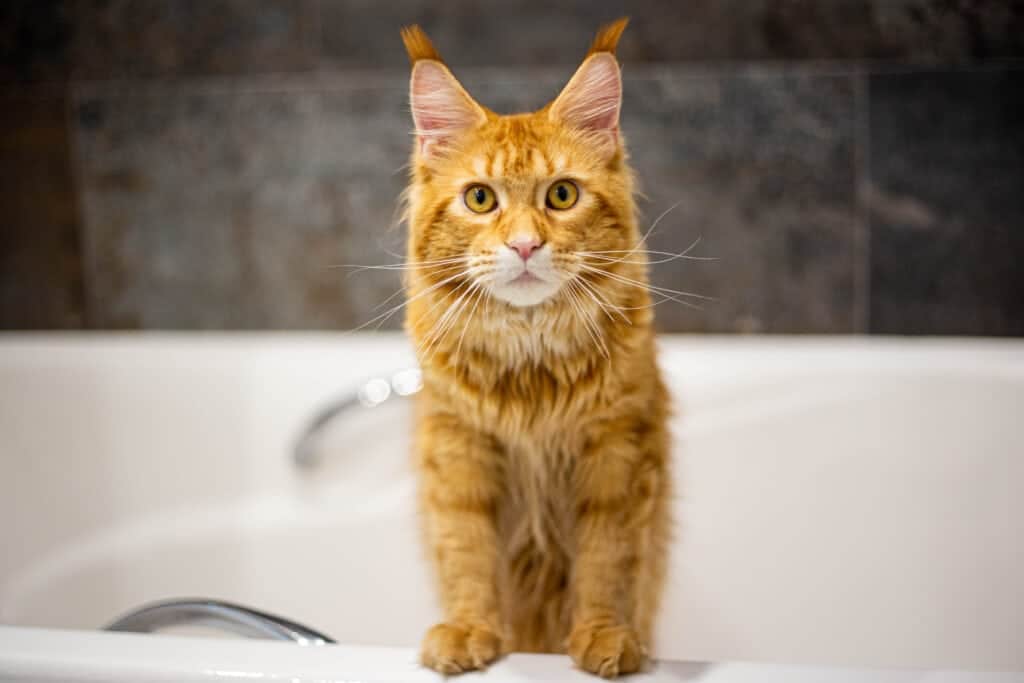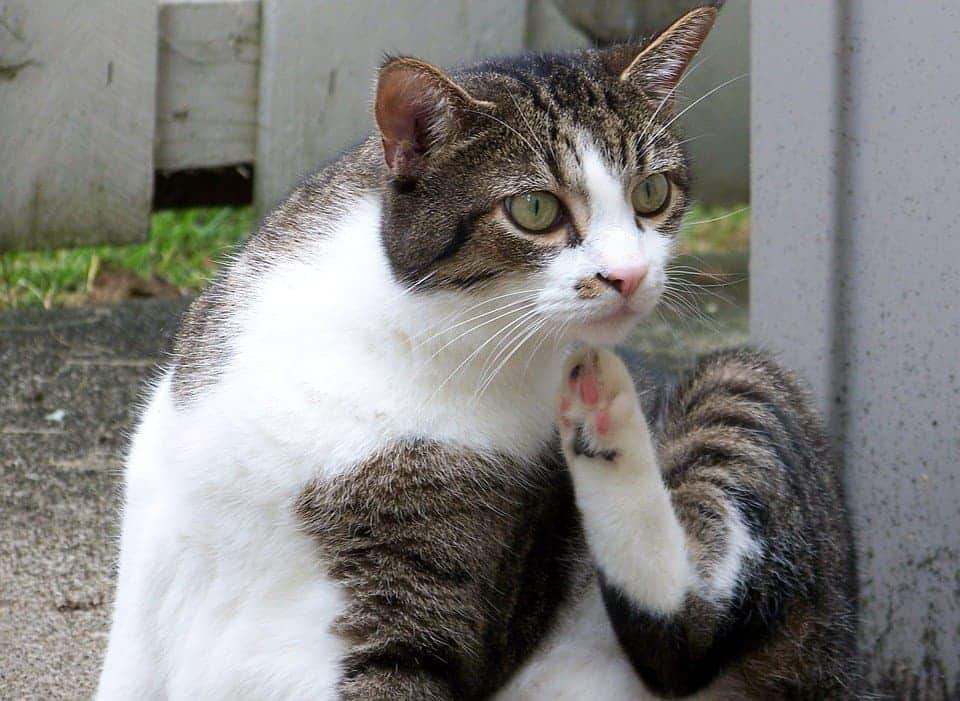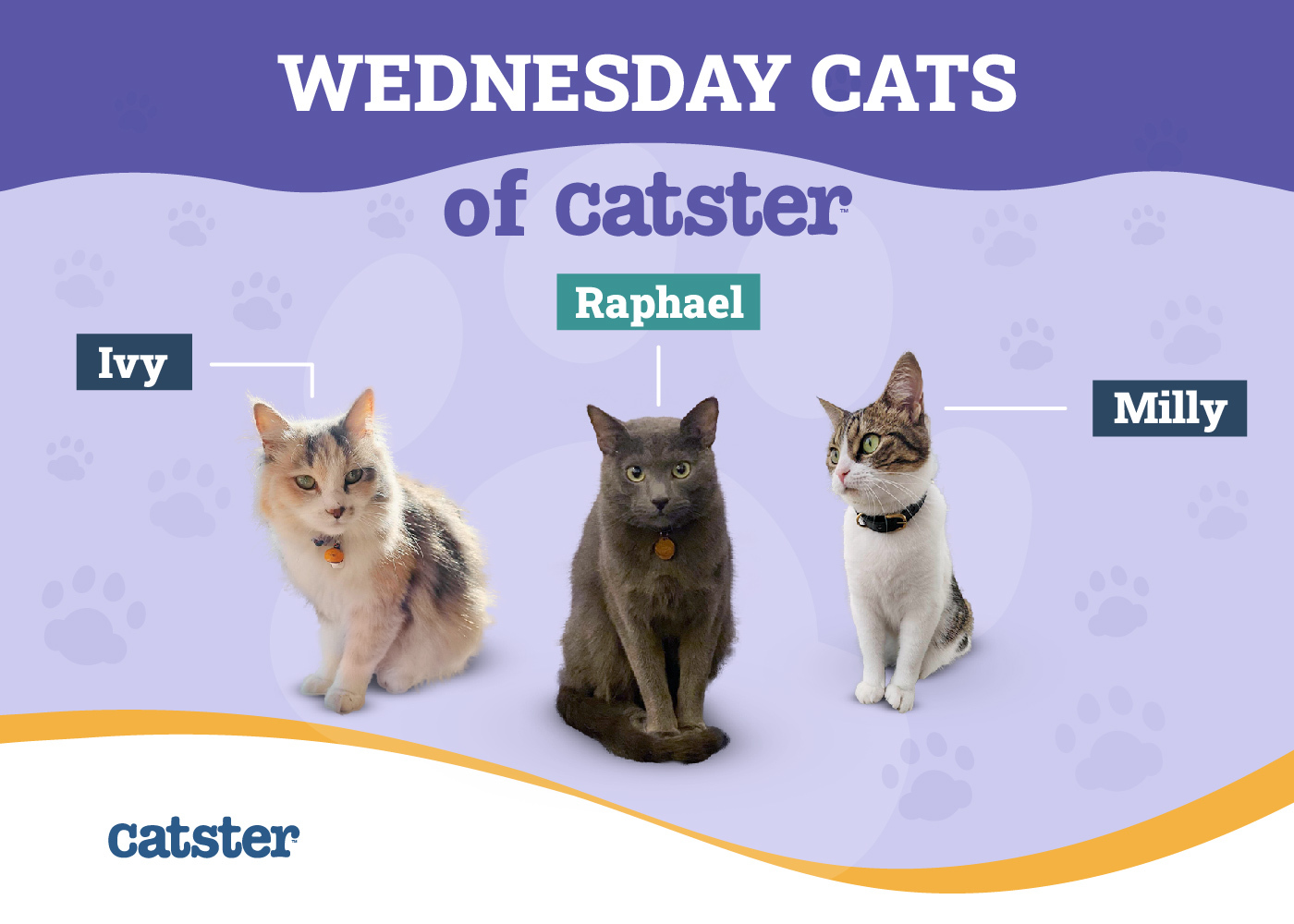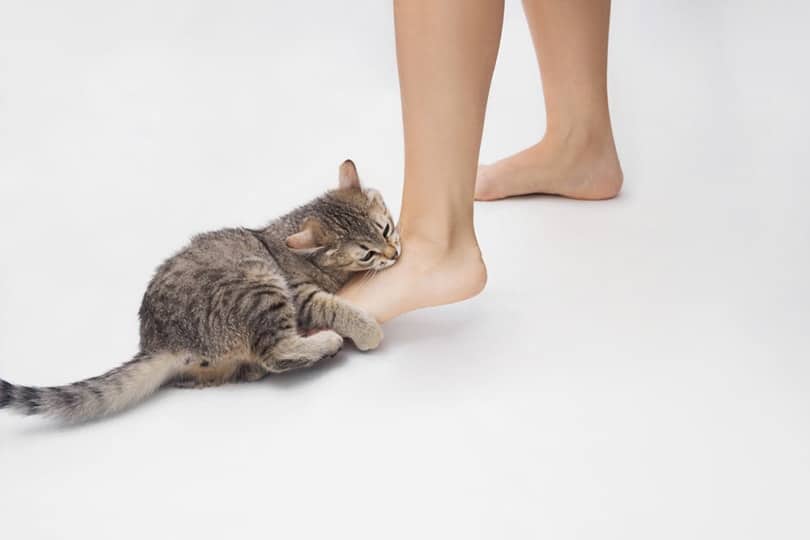Click to Skip Ahead
Kalanchoe is a type of succulent plant, popularly kept as a houseplant. Although it is not considered one of the most dangerous, it is mildly toxic to cats and causes gastric upset, so you should try to keep it out of the reach of your feline family members and monitor yours if it has ingested any of this plant. Monitoring is important because, in rare circumstances, kalanchoe can cause respiratory problems in cats, and veterinary assistance will be required in these instances.

About Kalanchoe
Kalanchoe is a family of approximately 120 different species of plant. Most are perennial herbaceous succulents. As succulents, they thrive well in low-light conditions and do not require daily watering. These features, combined with the attractive look of the plant make them a popular houseplant in a lot of homes around the world. You may hear kalanchoe referred to as mother-of-millions, the mother-in-law plant, or widow’s thrill.
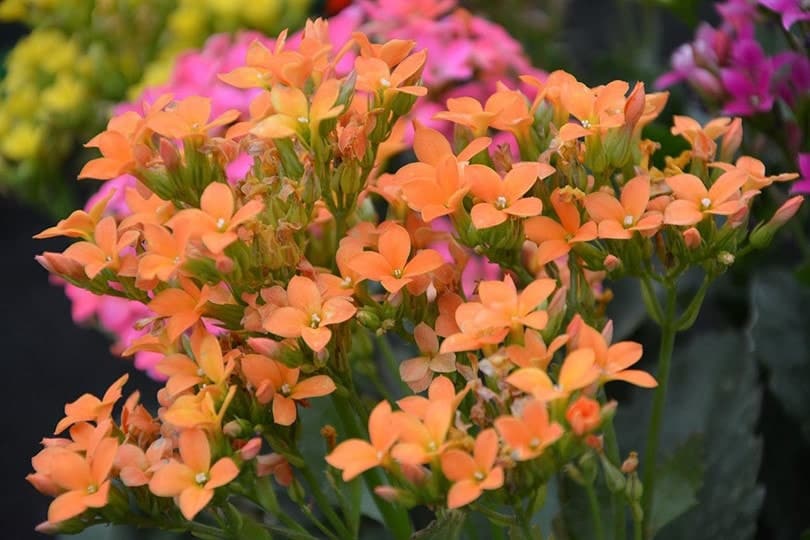
Signs of Toxicity
Although the plant is not considered highly toxic to cats or dogs, it is mildly toxic. It contains bufadienolides, which are a type of cardiac toxin. If your cat eats a small amount of the plant, the most likely signs they will suffer, if any, are gastric upset, so you should expect some vomiting and diarrhea. Obviously, if your cat continues to show these signs, you need to take action because they can lead to dehydration and other conditions that are especially dangerous for cats.
If your cat ingests a lot of the plant, kalanchoe can also cause an abnormal heart rate, and they may collapse or show signs of weakness. In any of these cases, you should seek veterinary advice as soon as possible.
If you need to speak with a vet but can't get to one, head over to PangoVet. It's an online service where you can talk to a vet online and get the advice you need for your pet — all at an affordable price!
The 5 Other Houseplants That Are Toxic to Cats
Houseplants offer a lot of benefits to their owners. Not only do they look pretty, but they can help provide clean air for breathing and have been shown to improve mental and emotional well-being. However, not all houseplants are safe for cats. As well as kalanchoe, which is a popular houseplant that is mildly toxic to our feline friends, the following five species should also be treated with care if you have cats.
1. Lilies
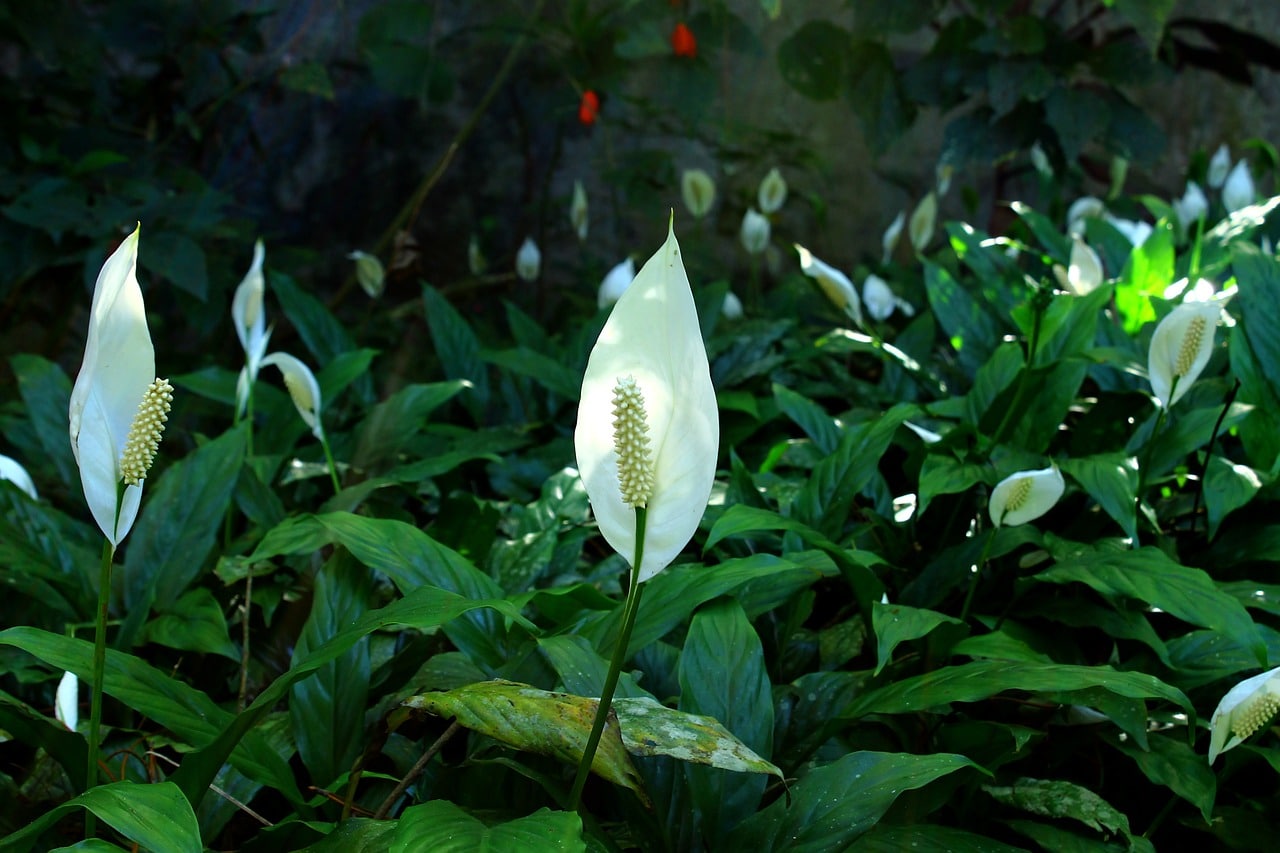
Lilies are a very popular houseplant, but they are also one of the most dangerous for cats. All parts of the lily are dangerous, and if your cat eats any of the leaves, petals, stems, or pollen, it can lead to fatal kidney failure. There are reported incidents of cats suffering lily toxicity after consuming the vase water in which lilies were kept, as only a small amount is required to cause toxicity.
2. Aloe Vera
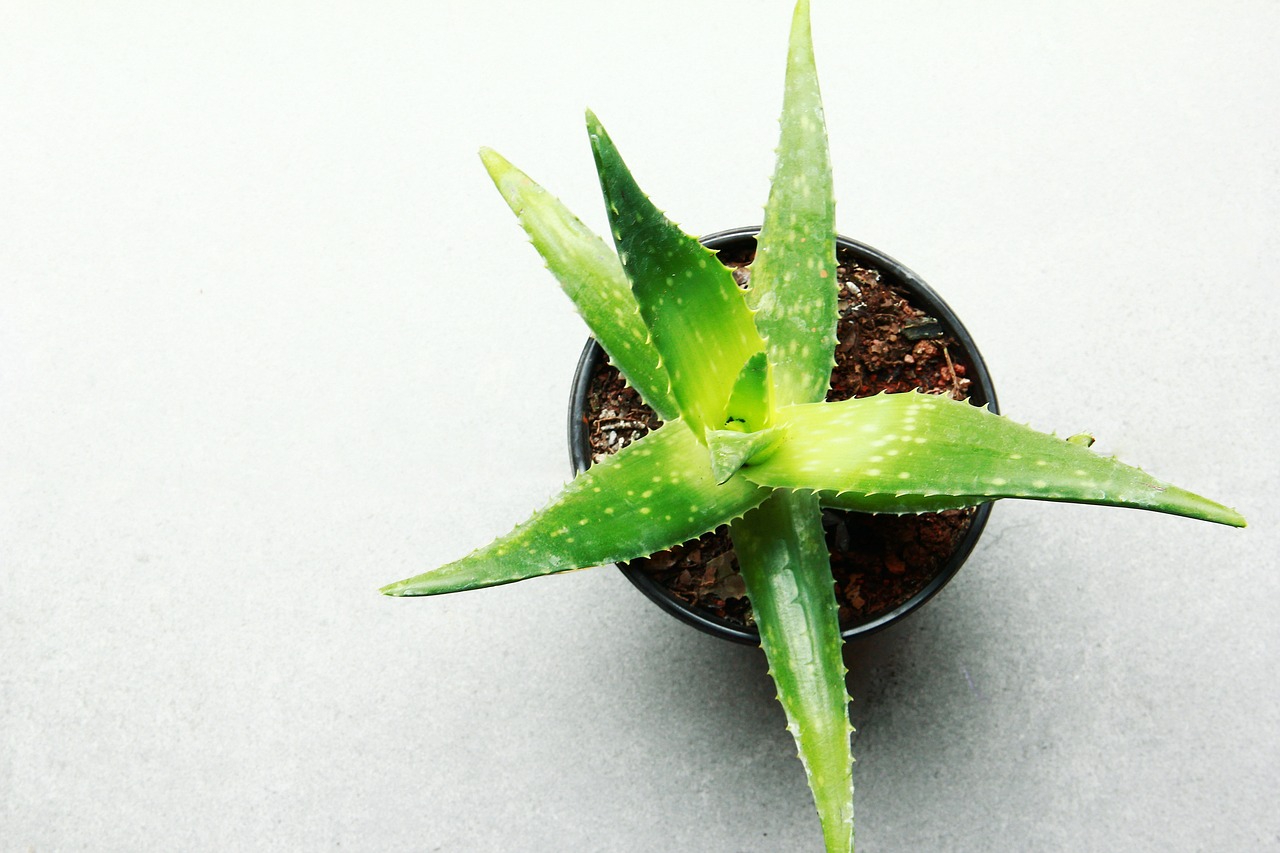
Aloe vera is another popular houseplant. It is a succulent that is relatively easy to care for, and, as well as being popular for its somewhat spiny looks, it also holds several medicinal benefits. But less so for cats. Despite this, you will find aloe extract in some cat foods, and this is because it is the latex in aloe that is toxic. This has been removed before the plant is used in cat foods and other cat products, so it should be safe. However, if your cat eats aloe vera, look for signs of abdominal cramps, vomiting, diarrhea, and a loss of appetite. If you see these symptoms, contact a vet.
3. Daffodils
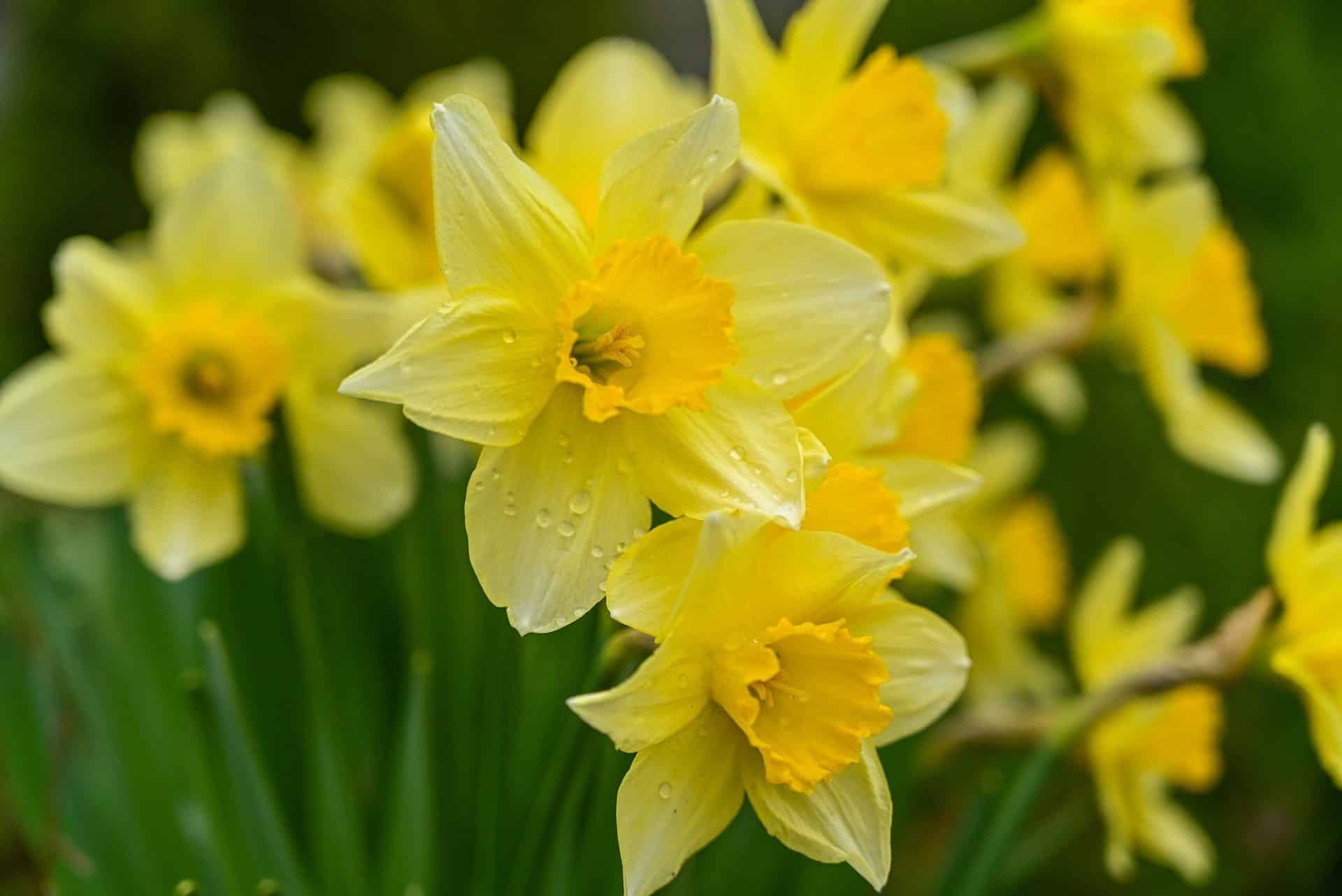
Daffodils are part of the same Amaryllidaceae family as tulips and hyacinths, and all are toxic to cats. Specifically, it is the bulbs that cause toxicity, and they can lead to gastric upset, which means vomiting and diarrhea.
4. Sago Palms
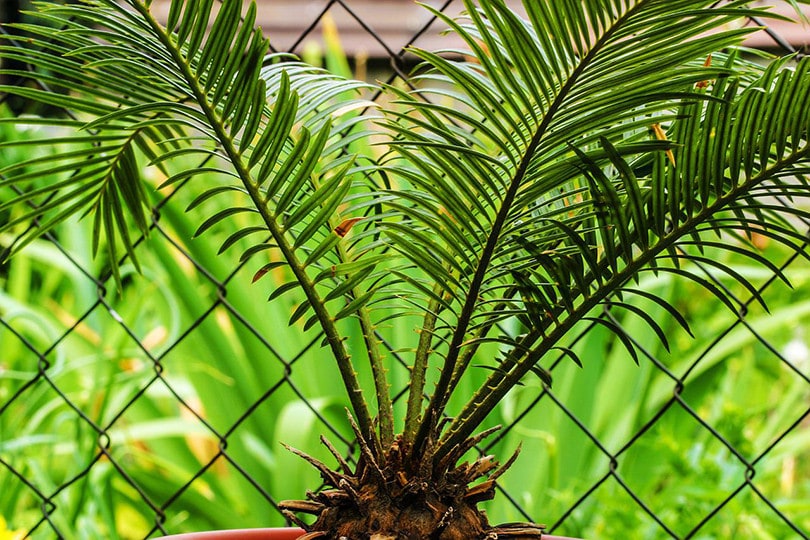
Sago palms aren’t true palms. They are cycads. But because they have a similar appearance to a palm, they have gained the name sago palm. They are very toxic to cats, and even a small amount can lead to serious liver damage and potentially even liver failure. The seeds contain a higher concentration of the toxin, which means that these are the deadliest parts for cats.
5. Dieffenbachia
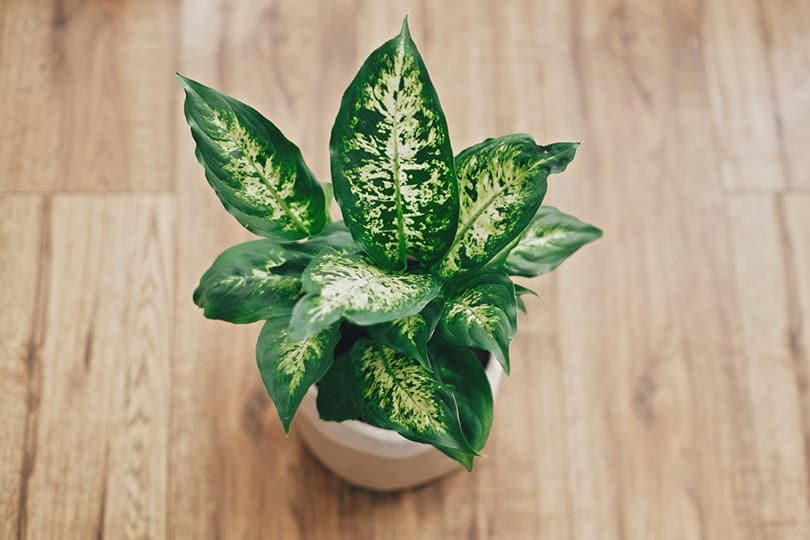
Dieffenbachia, often called dumb cane because it can cause pain in the mouth that prevents speech, has similar effects on cats as it does on people. Ingestion leads to pain in the mouth and esophagus, which can lead to excessive drooling and may eventually prevent proper swallowing and breathing.

Conclusion
Houseplants can brighten up any room, but if you also own cats or dogs, you need to ensure that you aren’t putting them in harm’s way with your choice of home foliage. Kalanchoe is considered mildly toxic to cats. While it can, in rare circumstances, cause respiratory and heart problems, it more often leads to vomiting and diarrhea if eaten by cats, and you may need to seek veterinary assistance if you believe your four-legged friend is showing symptoms.
Featured Image Credit: Chesna, Pixabay

